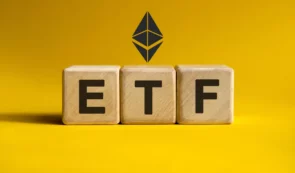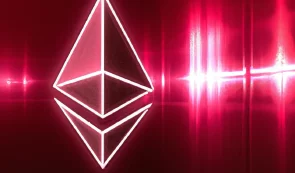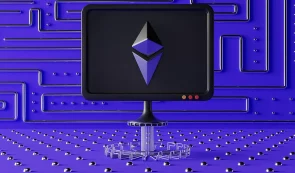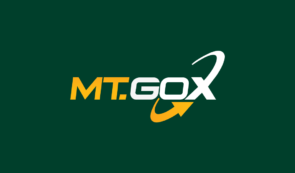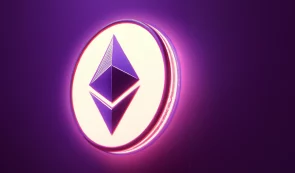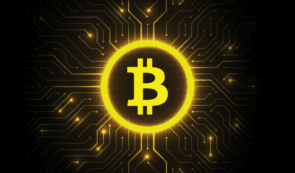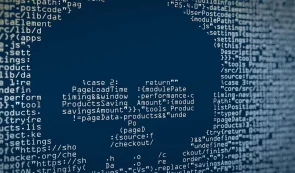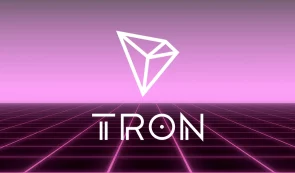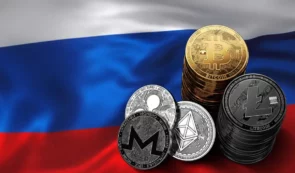Does Ethereum Have a Censorship Problem?
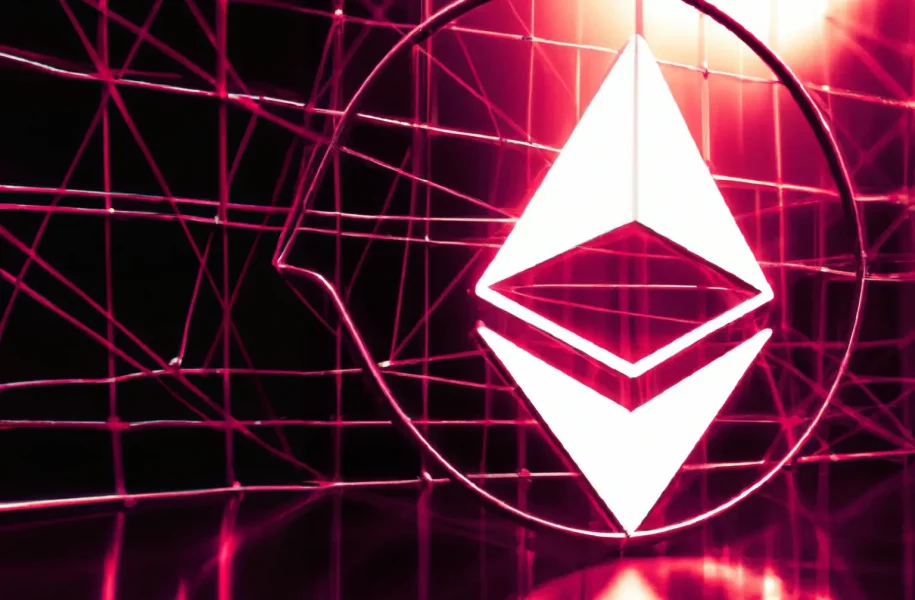
Censorship is a growing problem within the Ethereum ecosystem, especially since the introduction of MEV Boost after the Мerge.
The Ethereum blockchain reached a new censorship milestone on Friday. 51% of blocks produced in the last 24 hours met the recommendations of the U.S. Treasury Department’s Office of Foreign Assets Control (OFAC).
With that, most of the past day’s blocks were delivered by relays that sorted out transactions related to Tornado Cash – a service that shuffles transactions to make them anonymous – to comply with OFAC recommendations after it banned Americans from using the protocol.
Maximum extractable value (MEV) refers to the rewards block creators and validators receive from reordering transactions within a block. Flashbots, an Ethereum-based R&D team, has been working on ways to mitigate the potential harms of MEV extraction by developing MEV-Boost, software that allows validators to request blocks from a network of builders through an intermediary called a relay.
Anyone can build a relay to forward MEV-optimized blocks from builders to validators, who propose them to the wider network.
By far the most popular relay is the one built and maintained by Flashbots themselves. And here lies the controversy – unlike some other relay providers, the Flashbots relay refuses to forward blocks with transactions from sanctioned addresses.
Moreover, of the five MEV boost relay providers, only two of them, Manifold and bloXroute, offer options without censorship.
At the time of publishing, MEV watch reports that 57% of all blocks validated on the Ethereum blockchain used MEV Boost software. And of those blocks, nearly 81% were transacted through the Flashbots relay, meaning they excluded all Tornado Cash transactions.
While it is still possible for sanctioned transactions to enter the Ethereum blockchain, this will become more difficult as more validators (and relays) choose to drop such transactions from the blocks they process.
The community reacts
On Twitter, Martin Köppelmann, co-founder of the Gnosis trading protocol shared a screenshot of the 51% OFAC-compliant blocks. Köppelmann pleaded:
“Dear Flashbots team – I’ve spoken to many of you personally and you’re committed to taking action if censorship gets worse – but if not now, when?”
Chris Piatt, the co-founder of Eden Network, which also operates a censored relay, said:
“I don’t think anyone deep in the Ethereum ecosystem is happy with the status quo (including Flashbots).”
As for the continued growth of censorship on Ethereum, Piatt added that his team has no plans to change the way they certify blocks.
Klarman of bloxRoute told CoinDesk that to avoid further censorship on Ethereum, validators should “connect with non-censoring relays like bloXroute’s ‘Ethical’ and ‘Max-Profit’ “ relays or with Manifold’s relay.

